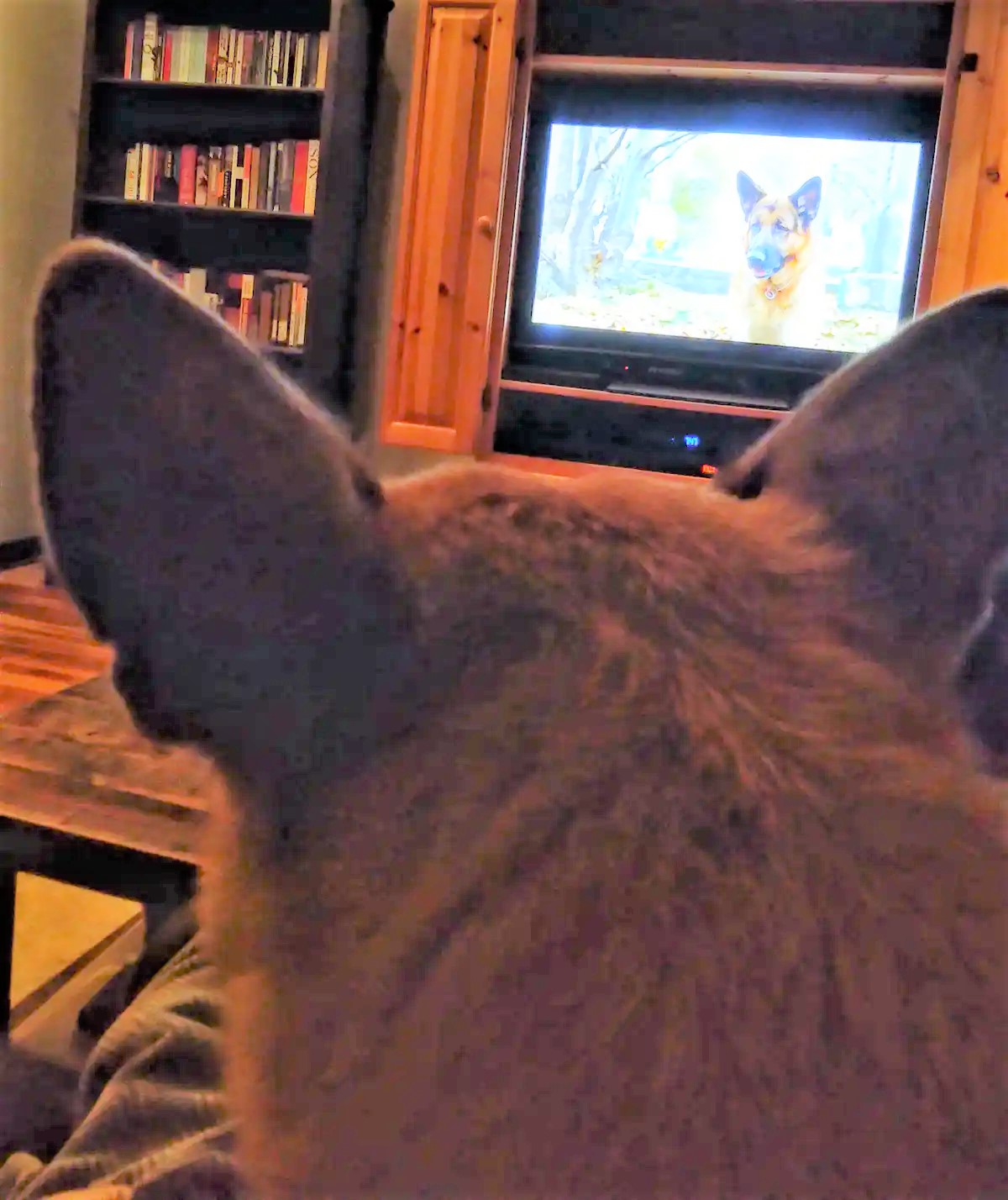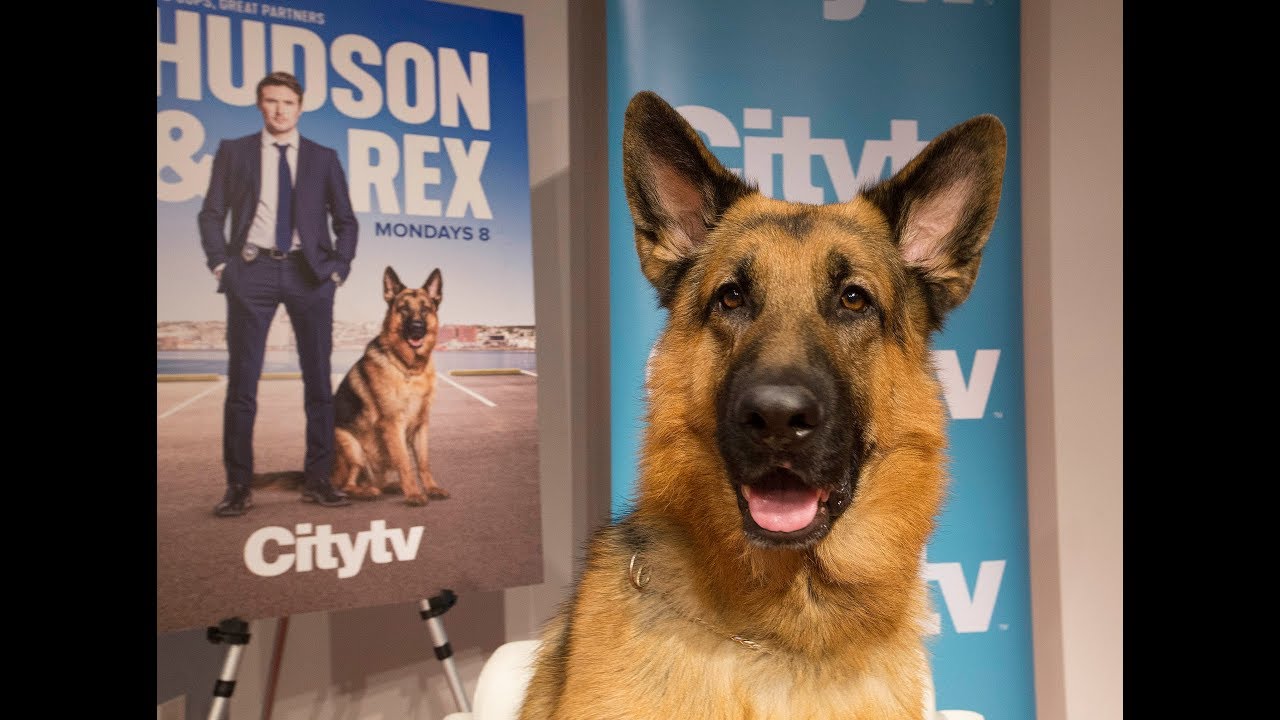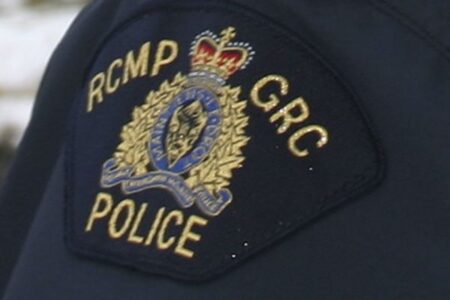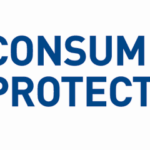Op/Ed: 'Hudson & Rex': Charming canine actor challenges us to look at animal labour
By Kendra Coulter, for The Conversation
My favourite police officer on television is smart, empathetic, attentive and brave. He’s also incredibly handsome.
I’m talking about Rex, the fictional police canine played by the German shepherd Diesel vom Burgimwald who co-stars on CITY TV’s hit show Hudson & Rex. It’s not prestige TV, but it is a well-made, diverse, thoughtful and unapologetically Canadian police procedural with an impressive four-legged officer.
As the show wraps up its second season, it’s clear that Rex/Diesel has charmed audiences. His work also invites us to think more about animals’ minds, work and contributions to our shared communities.
K9 partnerships have long been part of popular culture (Turner & Hooch, K9, F.B. Eye, the Canadian Katts & Dog). Yet for people who have had police dogs used against them, the image of a German shepherd (or Malinois) may not evoke positive feelings.
As an analyst of animal labour, I am intrigued both by Diesel’s work, and by how Rex the police canine is portrayed.
How Rex Works
Within the show, Rex is the partner of major crimes Det. Charlie Hudson (John Reardon) and rides everywhere in Hudson’s (Canadian and union-made) Dodge Charger. Discerning viewers will notice that occasionally there are doubles (Diesel’s nephews Iko and Izzy), but the lion’s share of the canine performance is Diesel.
Whether in homes, businesses, universities, forests or hospitals, Rex is granted the freedom to investigate on his own, especially by using his nose. Rex also studies people. He will approach grieving mothers and trafficked teenagers, whimper gently, and rest his chin on their lap. In these instances, he illustrates dogs’ abilities to empathize with human sadness, what is called emotional contagion — and their resulting desire to provide care. Rex reacts negatively to those he deems suspicious and has yet to misjudge someone.

The author's rescue dog watches Rex on TV
Rex and Hudson continuously engage in communication work and have developed an intricate interspecies language. When a suspect flees (which happens often), Hudson sends Rex in pursuit. After a few episodes, Hudson simply starts saying “Rex, you know what to do,” because he does.
Rex is entrusted with complex physical and intellectual challenges. He learns new skills on the job. He shows compassion for other animals. He anticipates and takes the initiative to protect, tackle, disarm, intervene and obstruct, resulting in impressive physical feats which must be seen to be properly appreciated.
Rex also listens attentively to discussions and reacts with endearing head tilts and different sounds intended to reveal his approval or incredulity (performances which involve as much skill and focus as aerial acrobatics).
The enduring respect for Rex’s agency — not only his bodily abilities but his intellectual prowess and judgment — is laudable. Rex is someone (not something) who is collaborating and valued. He is, as Hudson often declares, “my partner,” and the heart of the show. Like the real animals who serve us in homes, hospitals, libraries and courthouses, Rex’s contributions are invaluable, significant and often lifesaving.
Animals at work: the frontier of labour and ethics
This show is only possible because of the actual labour of Diesel and his committed owner/trainer, Sherri Davis. By watching Rex’s eyes, you can see where she is positioned on set. They engage in the real-life communication work – that intricate interspecies interaction – needed to portray Hudson and Rex’s fictionalized communication work.
Animal actors normally not only have human caretakers who work with and care for them, but are also protected by animal welfare laws and some industry oversight (although not unions, at least not yet). Some animal advocates prefer computer-generated animal characters on screen. Certain filmmakers, like Kornél Mundruczó, director of the powerful White God, have deliberately involved shelter and rescued dogs.
I have developed a robust framework for thinking carefully about many kinds of animals’ labour, including farmed and wild animals.
Read more: How the hard work of wild animals benefits us too
I am opposed to work that inflicts suffering, violence and death. But I think there can be certain ethically defensible forms of work and even humane jobs for some domesticated animals, if rights and protections are in place (and enforced), and if work relationships are underscored by care, reciprocity and interspecies solidarity.
And as influential as the work itself are what I call animals’ work-lives: their training/education, leisure, relationships, housing and retirement all affect their well-being and work-life in a full sense.
These complex issues are tackled in a recent book I co-edited with Charlotte Blattner and Will Kymlicka, Animal Labour: A New Frontier of Interspecies Justice? Still, more research and data are needed.
I have not had the pleasure of directly observing the set of Hudson & Rex but believe that Diesel is enjoying his job and work-life. This is a smart and engaged dog, on and off-screen, one whose labour is challenging antiquated ideas about animals being unthinking and unfeeling objects. As Hudson aptly says, “I have many tools at my disposal. And I have Rex.”
Admittedly, most people are more likely to recognize animals’ sentience in beloved species like dogs than they are in dog-like pigs. But we may be moving from human to humane, and from humankind to kind. Issues of animal consumption even enter Rex’s world in episode 15 of season 2 which thoughtfully explores veganism from different angles.
Diesel/Rex serves an ambassador for animals, and for a world in which we honour labour, cultivate compassion and work for justice for all species.
Author Kendra Coulter of Brock University is an award-winning author, innovative researcher, and frequent media commentator. Dr. Coulter is recognized globally as a path-making analyst of animals and work, animals in public policy, and gender. She is Canada's foremost academic expert on animal cruelty investigations and anti-cruelty enforcement.
























